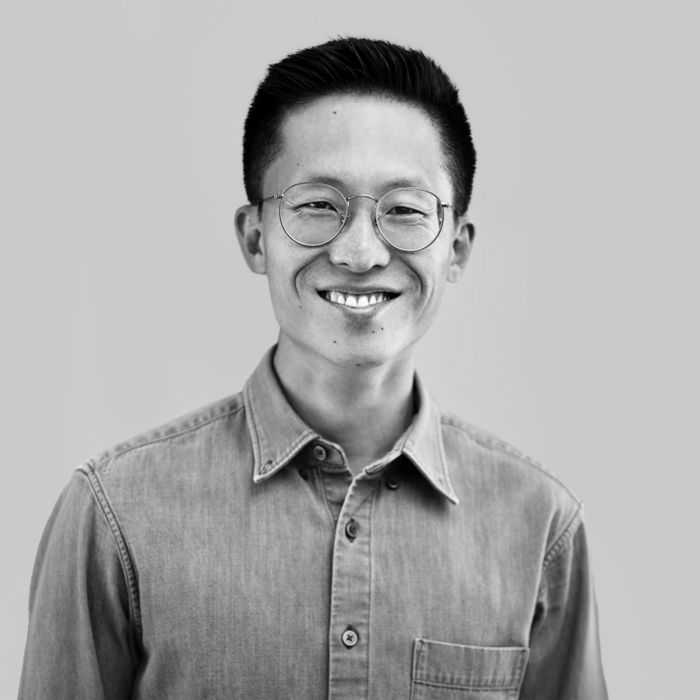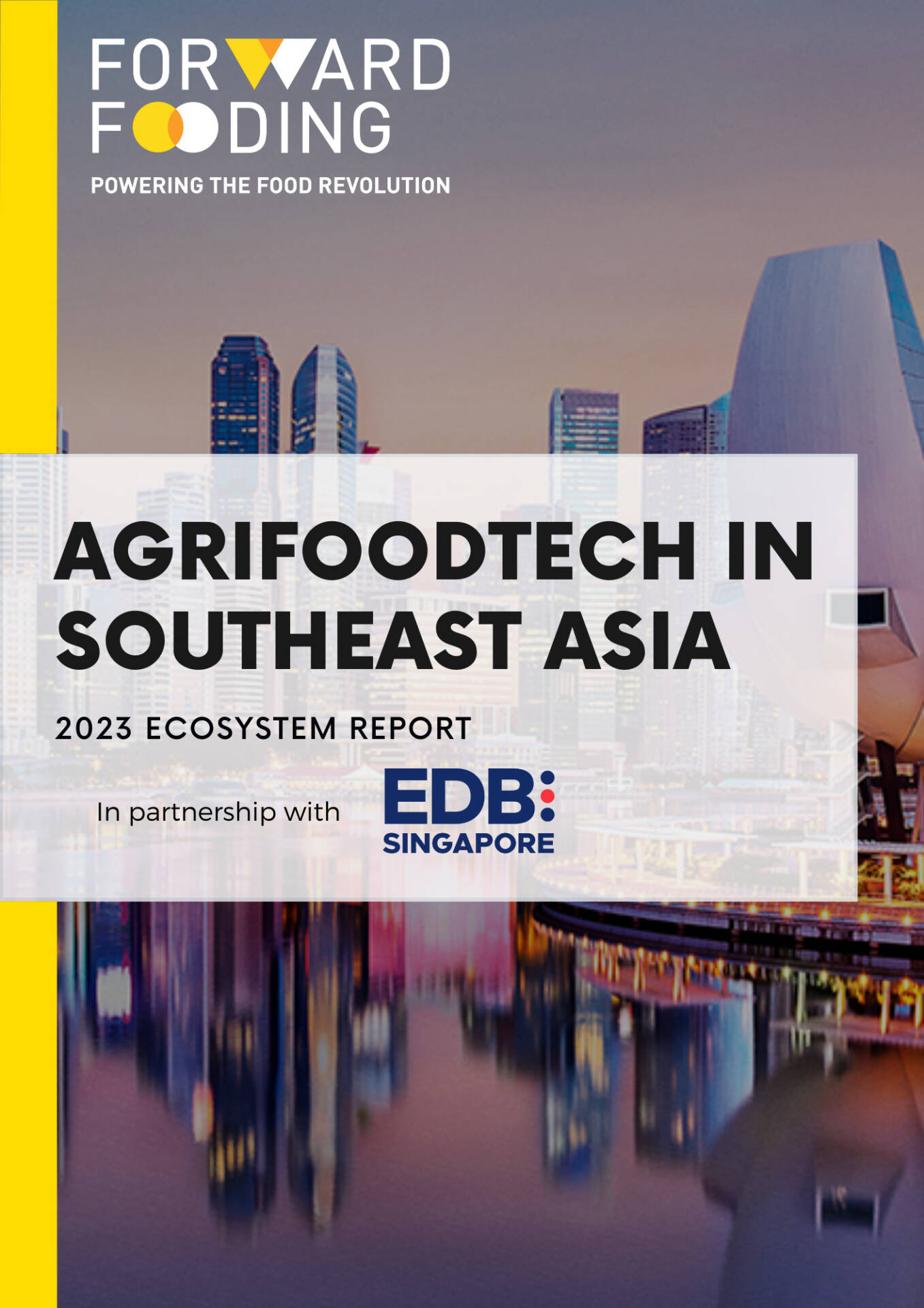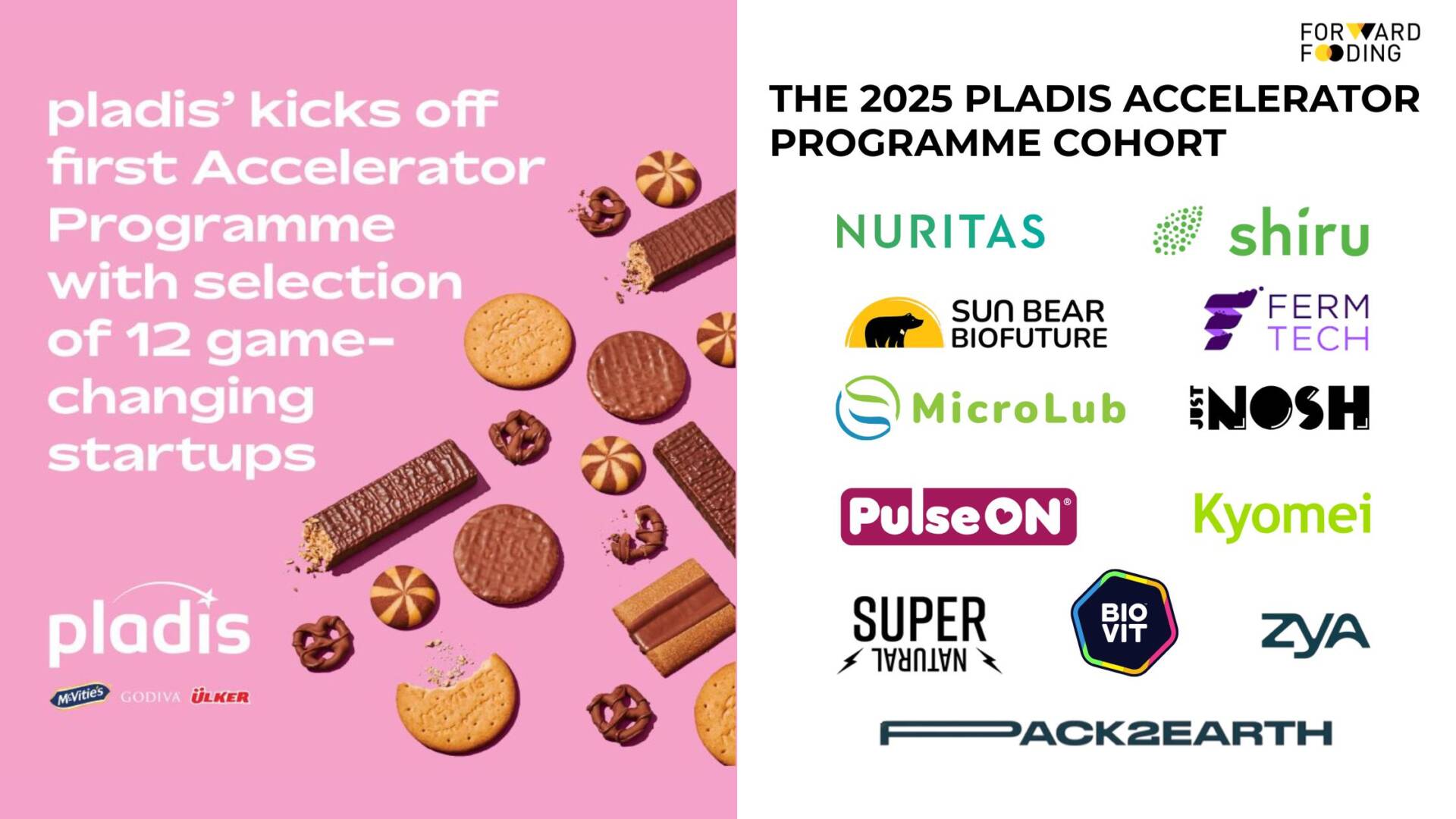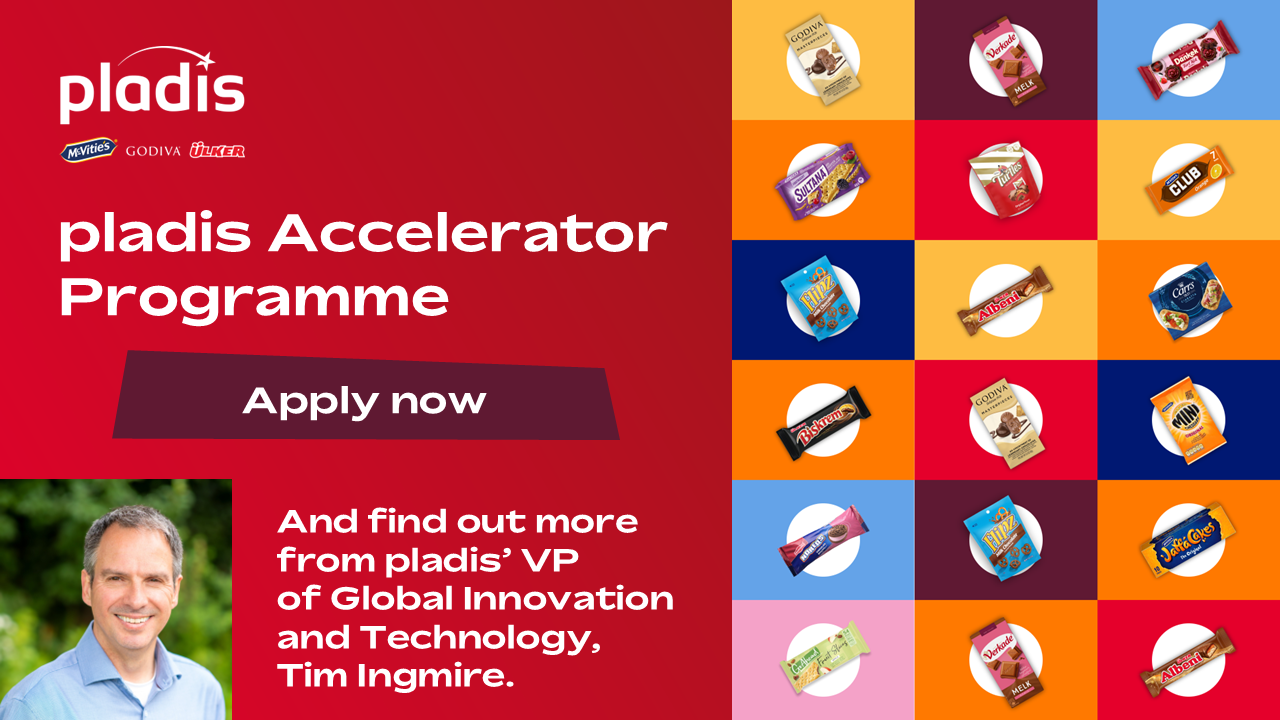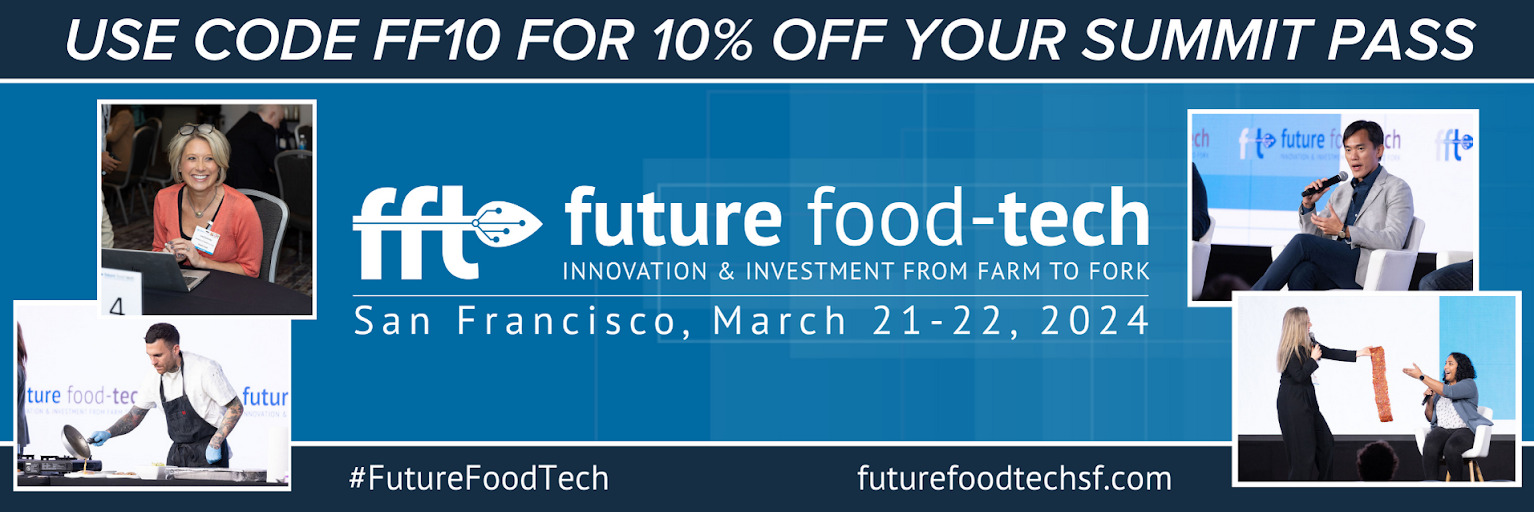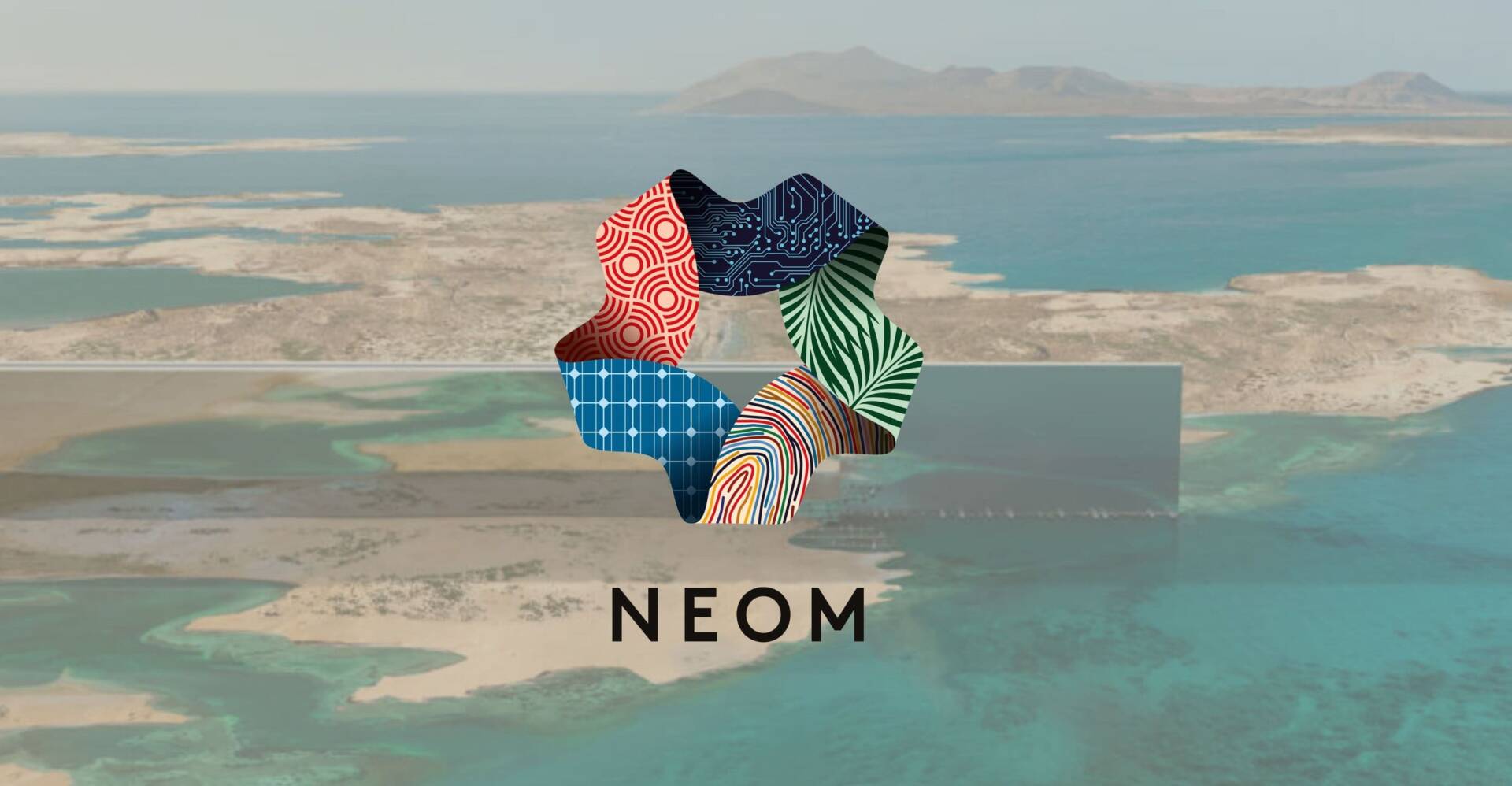FORWARD FOODING
THE BLOG
An exclusive interview with NEOM: 2021 FoodTech 500 sponsor
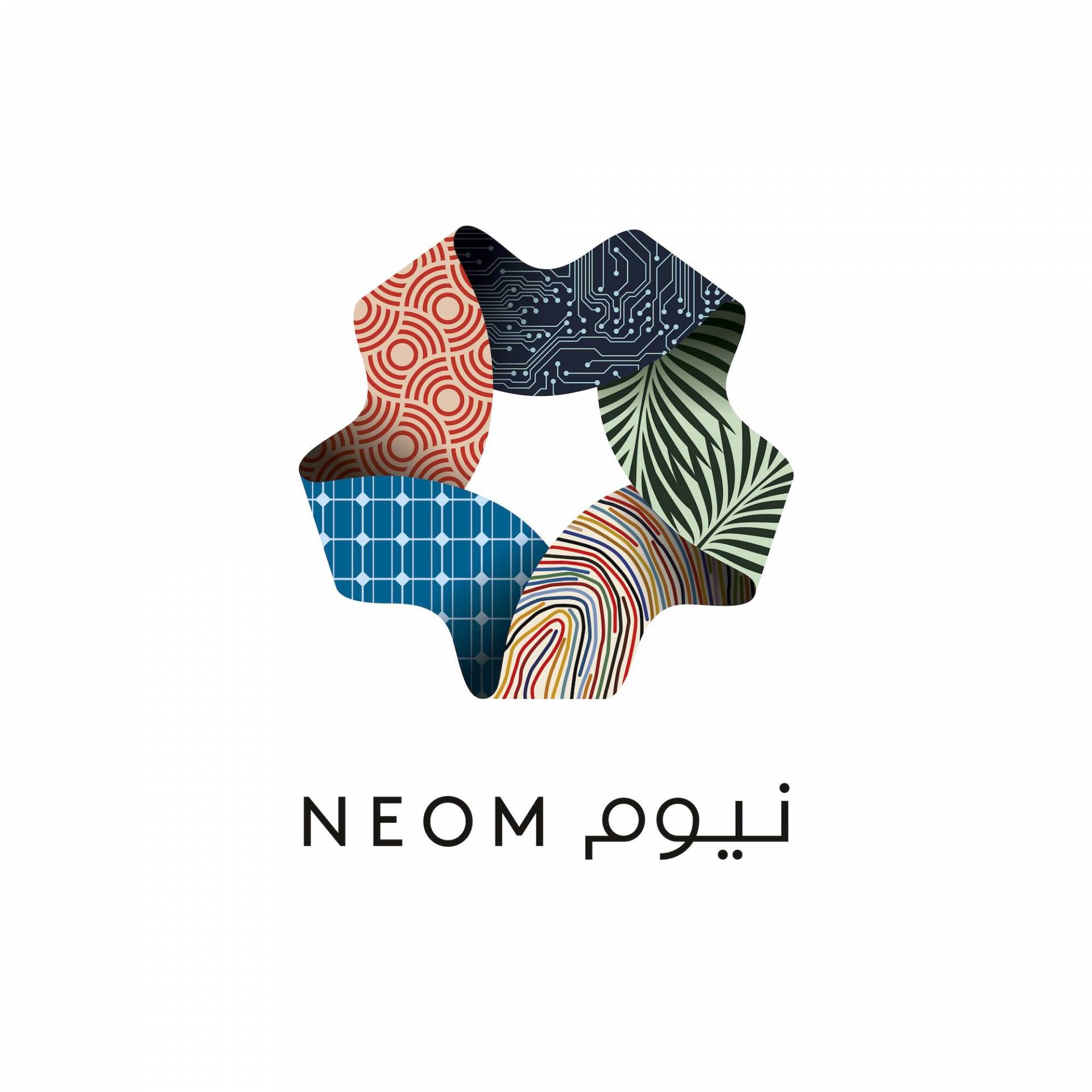
One of the elements we enjoy the most here at Forward Fooding about working with AgriFoodTech startups is being amazed daily by technologies that seem to arrive straight from the future. When it comes to one of our FoodTech 500 sponsors NEOM and its vision for what a sustainable and technologically advanced world will look like a few years from now, we definitely get the same feeling.
Today, we are thrilled to share with you our interview to Dr. Andrew Yip, Senior Manager, Technology and Innovation within the NEOM Food sector, where he oversees key areas including digital infrastructure, data governance, innovation services and ecosystem building. Dr. Yip, NEOM pioneer since 2019, shared with us some insights on how the organization is shaping the future of food through human-centric designs and partnerships.
About NEOM
Can you please briefly introduce NEOM to anyone who doesn’t know what you do and tell us a bit about your vision for the future?
NEOM is a region in northwest Saudi Arabia being built from the ground up as an accelerator of human progress and a vision of what a New Future might look like. We are rethinking the way we do things across all sectors and industries, such as Energy, Mobility, Water, and of course, Food. The aim is to create exceptional livability where we are highly self-sufficient in the food supply while preserving our resources and tackling climate change challenges.
My role as Senior Manager, Technology and Innovation for NEOM’s Food sector puts the team at the forefront of making sustainable living a reality. At NEOM, we are pioneering a new food system from scratch using digital and other emerging technologies. In addition to this, it requires the establishment of an ecosystem in which world leaders can collaborate to rethink the current digital solutions, infrastructure and architecture to bring people closer to food sources.
The main cross-cutting themes in NEOM are cognitive communities, sustainability and human-centered design. Could you explain why they are important for the Middle East and how they interact with each other in NEOM’s vision?
Our work here in the Middle East is a laboratory for a circular food economy worldwide. In the future, most of the planet’s surface will be suboptimal for growing food eventually. This is why we are creating a virtuous circle for food production, distribution and consumption starting at NEOM.
Let’s begin with people. As a region of cognitive communities, we’ll harness available data to personalize an individual’s nutritional needs and help them make better food choices. Within the model of a circular food economy, we’ll further close the gap between growing and supplying the right nutritional needs at the right time. This approach will minimize waste while maximizing economic and health benefits.
In a broader context, this aligns with NEOM’s mandate to ensure a sustainable food ecosystem that is self-sufficient and beneficial for the local economy. At NEOM, we build a holistic food system that encourages people to make better food choices by integrating our technology, policy choices, new business models, to innovate across the value chain from growing processes, supply systems, and consumer behaviors. Ultimately, it is all about reducing emissions and global warming and promoting climate positivity in all human activities, including food production and responsible consumption.
To expand on that, why is the nexus between cognitive communities and food systems important?
People and nature are at the heart of everything we do. At NEOM, we envision a holistic food system that will sustain human development and growth without unduly exploiting the environment that supports it. This means we need to tackle unnecessary packaging, loss and waste, while drastically lowering carbon emission and raising awareness of good nutrition. In other words, it’s about finding a perfect balance of the right technology data, and policy.
What are the main opportunities for NEOM’s Food sector this year?
NEOM’s Food sector is working on multiple fronts this year. On climate-proof agriculture, our focus will be on demonstrating to the world how agriculture can thrive regardless of the climate by implementing ongoing soil assessment and improvement. This leaves us with a brilliant opportunity to lead by example on achieving a sustainable and profitable food system regardless of the perceived geographical limitations.
Our Executive Director of the Food sector at NEOM, Dr. Juan Carlos Motamayor, spoke at the Saudi International Marine Exhibition and Conference this January and emphasized NEOM’s unique geographical location to lead on sustainable aquaculture practices. For example, we will support the efforts of OXAGON (NEOM’s reimagined industrial city) to become a blueprint for the blue economy, which is the sustainable use of ocean resources for economic growth, and to drive offshore production monitoring and optimization. We are reshaping our relationship with aquaculture and helping support species native to the region.
These initiatives, along with genomic and microbiome profiling for personalized nutrition, carbon sequestration measurement development and food traceability concept testing, are big wins to achieve over the coming year.
Dr. Andrew Yip, Senior Manager, Technology and Innovation of NEOM
ABOUT THE FUTURE OF FOOD
NEOM’s decision to sponsor FoodTech 500 highlights its interest in agri-food-tech. What agri-food-tech technologies do you think are most relevant to NEOM, Saudi Arabia and the Middle East at large, and why?
Food security is a strategic imperative in the Middle East. This gives us a clear focus on technology that drives innovation around production breakthroughs that operate in harsh climates. Right now, that covers gene editing of crops for favorable traits to bioreactors for cellular agriculture. After all, we have some high targets to meet, most notably 600,000 tons of local food production by 2030.
Next, I would signpost the management of food loss and waste. Whether we are looking at more shelf-stable product innovation or better food data sets, it all results in optimized food usage from farm to consumer, bringing transparency across the food system through next-generation traceability.
Why should tech investors in the Middle East be interested in agri-food-tech startups?
Two words: climate change. As less and less of the planet’s surface becomes capable of food production, investors are looking for new solutions for the world’s challenging environments. This makes the Middle East the cradle of a technological revolution in future-proofed food solutions. We will continue on our path to becoming a net exporter of such technologies to other parts of the world that face the same climate challenges.
Why should food-tech startups keep an eye on NEOM and its projects? What are the opportunities for agri-food-tech startups to collaborate with NEOM?
At NEOM, our sights are set on identifying and supporting any new technology that will impact the future of food production, distribution and consumption. Our food innovation landscape will work as an articulated environment where fresh thinking can be ignited, socialized, engineered and tested at different levels of technology maturity or readiness. In the current pipeline, this includes our planned Agri-Food Accelerator, the Agriculture and Aquaculture R&D Consortia, and the Water & Food Innovation Hub, to name a few of our exciting initiatives.
At the same time, NEOM’s Food sector is engaging directly with startups for proof of concept and pilot testing that will help us fulfill our mandate. We are open to promising conversations.
ABOUT THE FOODTECH 500
Why did you decide to sponsor the FoodTech 500 for the second year in a row?
Last year was a brilliant showcase for how we are pushing forward the boundaries of what is possible. The advances are almost happening daily. So, we must share knowledge and shine a light on key achievements. NEOM is unwavering in its commitment to champion and curates the brightest and the best in the agri-food-tech community globally. If we can develop food systems in one of the most extreme environments on Earth, the world needs to know and join in.
What do you expect from this year’s finalists?
Despite our future focus, we are realists with feet on the ground. We understand that these rankings are just the start of a journey, not the end, and we’re all in this to discover and experiment together.
FoodTech 500 offers a perfect opportunity to deepen relationships with tech partners, exchange perspectives, share knowledge and ask the right questions. We will extend our hand in the areas where NEOM is uniquely positioned to support and promote promising solutions.
How do you think the Foodtech500 can help develop the future of food at NEOM?
First and foremost, FoodTech 500 adds immediate value by allowing us to share intelligence and data that will power our innovation through the next 12 months. This platform promotes a community of thinkers, dreamers and makers who can help NEOM realize our incredibly ambitious goals. We hope that the discussions with our fellow partners will flourish into practical programs much faster than we would imagine. Besides, who doesn’t like a handy list of who’s who in one of the fastest-growing fields in the tech world?
………………………………
Want to learn more about the FOOD TECH 500?
Visit forwardfooding.com/foodtech500 to see the full list from the past editions, learn more about our methodology and how we are crafting the final ranking.
The final 2021 ranked list will be officially released on the 15th of February 2022.
Forward Fooding is the world’s first collaborative platform fostering innovation via FoodTech Data Intelligence and Corporate-startup Collaboration.
Follow us
Sponsored Articles
9 July 2025
Forward Fooding celebrates the selection of 12 pioneering startups for the inaugural pladis Accelerator Programme. From water lily popcorn to sugar-converting enzymes, these innovations represent the future of snacking, addressing obesity, sustainability, and personalized nutrition through cutting-edge food technology.
21 March 2025
Tim Ingmire, VP of Global Innovation & Technology at pladis, discusses how the snacking giant is supporting early-stage startups in foodtech, health, and sustainability through their accelerator program. Learn about their focus on personalized nutrition, functional foods, and future ingredients to bring innovative, delicious products to consumers worldwide.
8 February 2024
Future Food-Tech returns to San Francisco on March 21-22 Over 1,700 food-tech leaders, from CPG brands, retailers, ingredient providers, [...]
1 February 2023
The 4th edition of FoodTech 500 is taking off and we are excited to partner with NEOM for the third consecutive year to support the best international AgriFoodTech entrepreneurs.
10 February 2022
One of the elements we enjoy the most here at Forward Fooding about working with AgriFoodTech startups is being [...]

